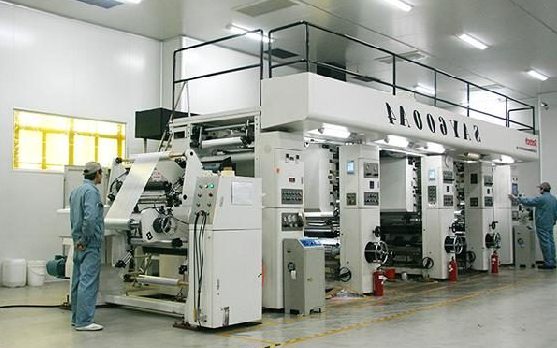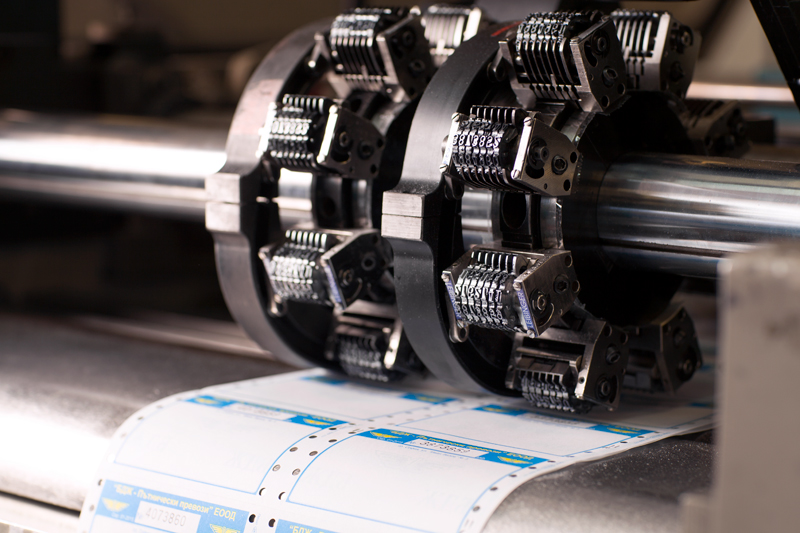The importance of anti counterfeit printing for legal documents cannot be overstated in today’s world where forgery and fraud are rampant. Legal documents serve as the backbone of many transactions and decisions, making their integrity crucial. The implementation of advanced anti counterfeit printing techniques is essential for maintaining trust and preventing unauthorized alterations.

Understanding the Need for Anti Counterfeit Printing
Legal documents are susceptible to forgeries, which can lead to severe implications such as financial losses, legal disputes, and damaged reputations. By employing anti counterfeit printing methods, organizations can safeguard against these risks, ensuring that their documents remain genuine and reliable.
Types of Legal Documents Requiring Protection
Legal documents that frequently require anti counterfeit printing measures include contracts, certificates, identification documents, and financial papers. Each of these plays a pivotal role in various sectors, making their protection a priority.
Advanced Techniques in Anti Counterfeit Printing
Various techniques are utilized to enhance document security, including:
1. Watermarks
Watermarks are a classic yet effective method to deter counterfeiters. They are embedded into the paper during the manufacturing process, providing an instant visual verification of authenticity.
2. Holograms
Holograms offer a sophisticated level of security, as they are difficult to replicate. They provide a three-dimensional image that changes appearance when viewed from different angles.
3. Microprinting
Microprinting involves printing extremely small text that is difficult to reproduce without specialized equipment. It is often used on checks and currency.
Technological Innovations in Document Security
As technology advances, so do the methods of counterfeiting. Consequently, it is crucial for organizations to stay ahead by adopting innovative solutions.
1. Digital Watermarks
Digital watermarks are imperceptible codes embedded into digital documents. They can be detected using specific software, providing an additional layer of security.
2. QR Codes
QR codes can store information that is easily accessible via smartphones, providing a quick and efficient way to verify document authenticity.
3. Blockchain Technology
Blockchain offers a decentralized and tamper-proof method for storing document information, ensuring its integrity and authenticity.
The Role of Security Printing Companies
Security printing companies play a vital role in the fight against forgery and counterfeiting. They provide specialized services that incorporate the latest technologies to protect legal documents.
For instance, many companies are now using advanced security printing techniques that include a combination of traditional and digital methods to enhance document protection.
Challenges Faced in Anti Counterfeit Printing
Despite the advancements, there are still challenges that need to be addressed:
1. Cost
The implementation of advanced security measures can be costly, which might be a deterrent for some organizations.
2. Technological Advancements
As counterfeiters become more sophisticated, continuous innovation and adaptation are required to stay ahead.
Future Prospects of Anti Counterfeit Printing
The future of anti counterfeit printing looks promising with ongoing research and development in security technologies. Emerging trends such as AI and machine learning are expected to revolutionize the field, offering more robust and efficient solutions.
For more insights into the future possibilities, explore this comprehensive guide.
Conclusion
Ensuring the authenticity and security of legal documents is of utmost importance. By employing anti counterfeit printing techniques, organizations can protect themselves from the detrimental effects of counterfeiting. As technology continues to evolve, staying informed and updated with the latest security measures is essential for safeguarding legal documents.

Frequently Asked Questions
1. Why is anti counterfeit printing important for legal documents?
Anti counterfeit printing is crucial for maintaining the integrity and authenticity of legal documents, preventing forgery and fraud.
2. What are some common techniques used in anti counterfeit printing?
Common techniques include watermarks, holograms, microprinting, digital watermarks, and QR codes.
3. How does blockchain technology enhance document security?
Blockchain provides a decentralized and tamper-proof method for storing document information, ensuring its integrity and authenticity.
This article contains affiliate links. We may earn a commission at no extra cost to you.






